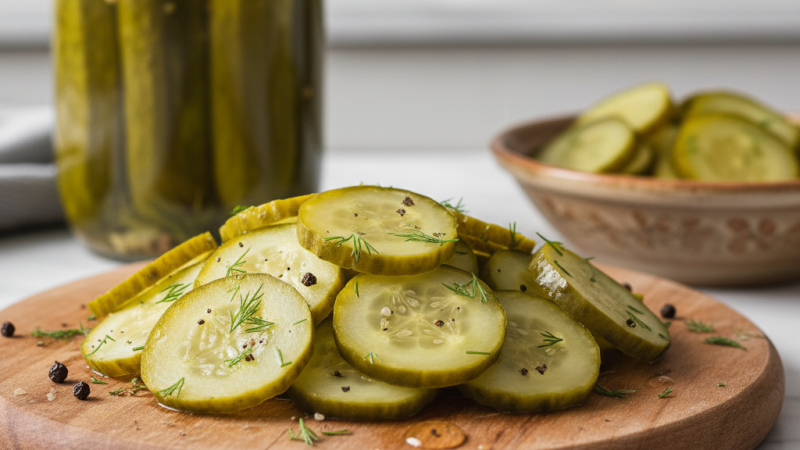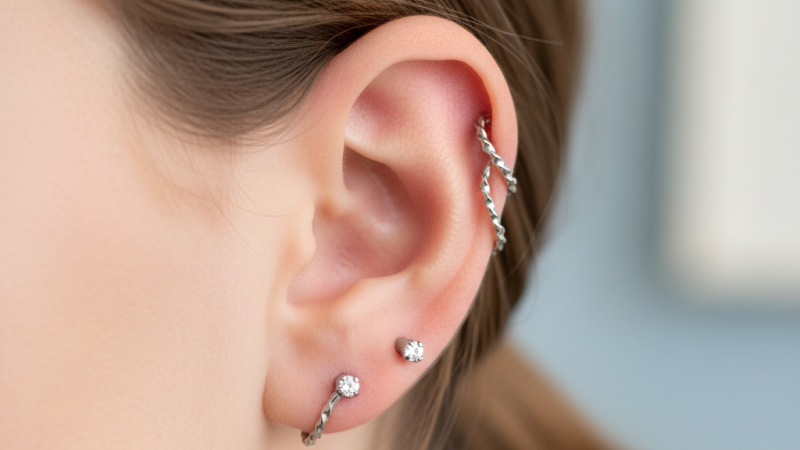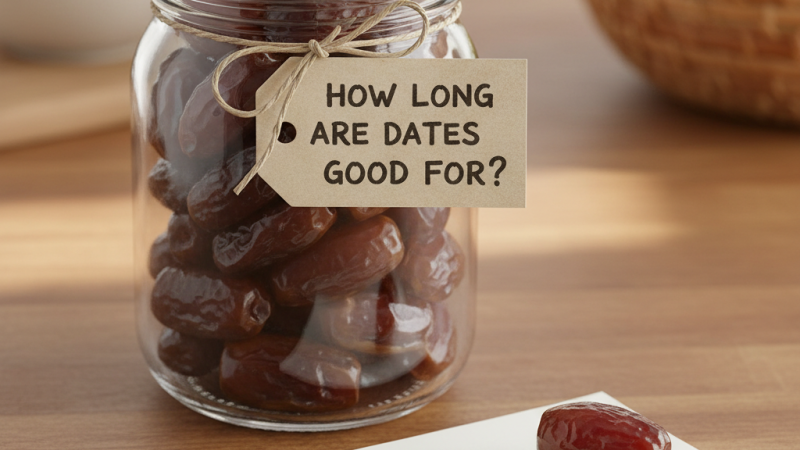Can I Drink Coffee After Wisdom Teeth Removal: A Complete, In-Depth Guide

The question “can I drink coffee after wisdom teeth removal” comes up more often than you’d expect, especially among people who live on caffeine the way others live on air. Coffee is a daily ritual for millions—a comfort, a productivity booster, and, in some places, practically a cultural identity. But when oral surgery enters the picture, especially something as sensitive as wisdom teeth extraction, even this simple pleasure needs caution. This long-form, comprehensive guide walks through everything you need to know—history of wisdom tooth care, medical insights, the recovery process, regional differences in post-surgery advice, policy frameworks shaping dental care access, women-focused health considerations, rural impacts, social-welfare angles, success stories, comparisons, and the future of dental healing practices. While the focus is on the central question—can I drink coffee after wisdom teeth removal—the article also expands into broader wellness and public health contexts.

Understanding Wisdom Teeth and the Importance of Proper Aftercare
Wisdom teeth, or third molars, have been part of human anatomy for thousands of years. In prehistoric eras, they were essential because early humans consumed tougher, unprocessed foods. Over time, as our diets softened and our jaw sizes evolved, these extra molars became less of a functional necessity and more of a potential health issue. Many people today simply do not have enough space for them to grow properly, resulting in impaction, infection, or misalignment. That’s why wisdom teeth removal has become a standard dental procedure globally.
When someone wonders, “can I drink coffee after wisdom teeth removal,” they’re really asking how beverages influence this delicate post-surgery environment. After extraction, a blood clot forms at the surgical site. This clot must stay intact to protect bone and nerves and to enable healing. Hot drinks, caffeine, acidity, and suction motions can all interfere with this clot, making dietary choices during recovery extremely significant.
The Medical Science Behind Post-Extraction Dietary Restrictions
When the mouth undergoes surgical intervention, it becomes vulnerable. One major complication is dry socket, a painful condition where the protective clot dislodges, exposing bone. Research shows that heat, steam, and strong liquids can increase the risk. That is why the answer to “can I drink coffee after wisdom teeth removal” is not a simple yes or no—it depends on timing, temperature, and healing progress.
Caffeine also increases blood pressure temporarily. This can worsen bleeding in the first 24 to 48 hours. Hot coffee amplifies this risk because heat dilates blood vessels, increasing flow at the surgical site. Since many regions incorporate strong coffee into their cultural routines, these medical guidelines sometimes require targeted awareness campaigns.
Another factor is acidity. Coffee’s natural acidity can irritate fresh wounds, slowing recovery. For this reason, dental professionals consistently advise monitoring not just what you drink, but how you drink it—avoiding straws, avoiding extreme temperatures, and taking small sips.
A Brief Historical Context of Dental Post-Operative Practices
Dental aftercare has come a long way. Historically, people weren’t asking “can I drink coffee after wisdom teeth removal,” because coffee was either unavailable or considered a luxury. Ancient civilizations relied on herbal concoctions, cold compresses, or simply endured pain. By the early 20th century, with the global rise of coffee culture and more standardized dental practices, professionals began studying the effects of diet on oral healing.
Across different regions, aftercare habits varied. In some cultures, warm herbal broths were seen as healing, while others emphasized cold compresses and cooling diets. As modern medicine advanced, a more unified, science-based framework emerged, supported by policy guidelines and dental associations.
Immediate Aftercare: The First 24–48 Hours
This is the most critical period after extraction. The question “can I drink coffee after wisdom teeth removal” is most important during this time. Nearly all dental experts agree: avoid coffee entirely for the first 24 hours. Hot coffee can dislodge the clot, and iced coffee often involves straws, which create suction.
During the initial healing window, hydration is vital, but it should come from cool, gentle fluids—water, diluted electrolyte drinks, or light herbal infusions without caffeine. Caffeine withdrawal can feel rough if you’re used to multiple cups a day, but protecting your mouth now prevents long-term complications.
Transitioning Into the Next 72 Hours
After 48 hours, the risk decreases slightly, but caution remains essential. This is when people reconsider the question: “can I drink coffee after wisdom teeth removal?”
The answer shifts to: you can, but only if it’s lukewarm, mild, and consumed slowly. No straws. No steaming temperatures. No strong brews. This transition stage is also influenced by individual healing rates, pain levels, and inflammation.
During this period, complementing coffee with a soft-food diet helps—soups, yogurt, mashed vegetables, and nutrient-rich purees. Many regions with strong rural development programs emphasize accessible post-operative nutrition, especially where oral healthcare resources are limited. These programs indirectly shape dietary habits during dental recovery.
State-Wise and Regional Perspectives on Dental Care and Recovery
Different regions approach dental care uniquely due to varying access, policy frameworks, and social-welfare initiatives. While the scientific basis remains the same, the interpretation of “can I drink coffee after wisdom teeth removal” may differ based on:
Healthcare infrastructure: States with strong public dental programs often run educational campaigns explaining why hot drinks should be avoided after extraction.
Rural vs. urban access: Rural areas may face limited follow-up care, making self-managed recovery guidance even more important.
Women-focused health initiatives: In many regions, women empowerment schemes include oral health awareness, especially for pregnant or breastfeeding women whose dental needs are often overlooked.
Cultural beverage habits: Some states consume chai or coffee as daily staples, making guidelines highly contextual.
Economic factors: Regions implementing social-welfare initiatives often extend dental coverage to low-income populations, improving access to recovery instructions.
This broader lens shows how a simple question like “can I drink coffee after wisdom teeth removal” sits within a larger healthcare ecosystem.
Policy Framework Shaping Dental Care Awareness
Public-health policies influence how people access dental information. Many countries and states include oral-health modules in welfare schemes, school health programs, and rural development missions. These policies highlight safe practices after extractions and empower citizens with knowledge.
Policies also determine whether post-surgery instructions are available in local languages, whether dental helplines exist, and whether remote rural communities receive proper guidance on dietary restrictions, including beverages like coffee. This alignment strengthens the patient experience and reduces post-operative complications.
Success Stories and Community-Level Benefits
Public education about aftercare—including understanding when someone can safely ask “can I drink coffee after wisdom teeth removal”—has dramatically improved outcomes. In communities where dental outreach programs are strong, reports show lower rates of dry socket and infections. Patients heal faster because they follow scientifically tested guidelines.
For example, several rural development initiatives have incorporated community dental camps, offering not only free extractions but also structured aftercare instructions. Women empowerment programs have enabled community health workers—often women—to spread awareness about dental hygiene, post-extraction food safety, and caffeine-related cautions.
Challenges: Why People Still Get Confused
Even with all the progress, misconceptions persist. Some of the most common challenges include:
Addiction to caffeine: People who rely heavily on coffee struggle to abstain from it post-surgery.
Mixed advice online: Not all sources are medically accurate.
Cultural habits: In some regions, hot beverages are considered healing, conflicting with dental guidelines.
Busy lifestyles: People often return to work too soon and resume usual routines, including coffee drinking.
Unclear communication: Some dental practitioners may give quick instructions without ensuring the patient fully understands temperature restrictions, caffeine effects, acidity, or suction risks.
This is why comprehensive, accessible education remains essential.
Comparative Analysis: Coffee vs Other Beverage Options
When someone searches for “can I drink coffee after wisdom teeth removal,” they’re often comparing coffee to alternatives. Here’s a look at common post-extraction beverages:
Tea: Similar to coffee, hot tea can be harmful. Mild, lukewarm chamomile is safer after 48 hours.
Iced beverages: Safe only without straws.
Energy drinks: High acidity makes them poor choices.
Milk-based drinks: Gentle on healing tissues but must be lukewarm.
Bone broths: Nutritious and supportive, but heat must be controlled.
Plain water: The safest option for the first two days.
Compared to these, coffee can be reintroduced cautiously once swelling decreases, but temperature and strength remain critical.
Long-Term Healing and Gradual Reintroduction of Regular Coffee
By day five or six, most people are in a much better state. At this point, the question “can I drink coffee after wisdom teeth removal” has a clearer answer: yes, you can begin returning to your usual coffee routine, as long as you listen to your body.
If it stings, causes bleeding, or creates throbbing sensations, step back and adjust. Full return to normal hot coffee usually becomes safe after one to two weeks, depending on healing speed. Always prioritize comfort and dentist recommendations.
The Role of Nutrition in Supporting Healing
Nutrition has historically played a powerful role in recovery across cultures. Today, we understand that vitamin-rich, anti-inflammatory foods support smoother healing after dental surgery. This nutritional approach reduces reliance on coffee for energy during recovery, helping people avoid rushing the decision.
Soft fruits, leafy greens (blended), healthy fats, and iron-rich foods all contribute to tissue regeneration. In several social-welfare programs worldwide, nutritional guidance is included in dental health modules to ensure a smoother healing path for all communities—not just urban populations.
Community Awareness and Education: A Broader View
In many regions, raising awareness about aftercare—especially questions like “can I drink coffee after wisdom teeth removal”—has become part of community health initiatives. Local workshops, school programs, and rural dental camps help bridge the gap between medical knowledge and everyday practice.
Women empowerment schemes often incorporate health education, training local women to spread accurate information about oral care. These trained workers become advocates who explain why hot drinks delay healing, making the community more resilient and informed.
Global Trends: Digital Healthcare and Tele-Dentistry
The rise of tele-dentistry has changed how people receive guidance after extractions. Patients now send photos, ask live questions, and get personalized advice—including clear answers on “can I drink coffee after wisdom teeth removal”—through mobile apps and virtual consultations.
Digital frameworks also allow governments to distribute standard, multilingual guidelines for post-extraction care, creating equitable access across urban and rural sectors.
Cultural Influence: Coffee Rituals and Their Impact on Recovery
Coffee is not just a drink; it’s a ritual, a cultural symbol. In some places, refusing coffee is seen as impolite or unusual. This creates an interesting intersection between cultural expectation and medical advice. Balancing these requires awareness, especially in family-centric or socially active communities.
By understanding these cultural nuances, dental practitioners can tailor instructions more effectively. People are more likely to follow guidelines when they’re aligned with their lifestyle and cultural identity.
Future Prospects: Innovations in Post-Surgery Oral Care
The future of dental recovery is promising. Researchers are exploring advanced clot-stabilizing methods, faster-healing gels, temperature-resistant healing membranes, and personalized dietary guidelines. These innovations could redefine how soon someone can safely return to coffee after extraction.
In this evolving landscape, the broader question—“can I drink coffee after wisdom teeth removal”—may someday have a much quicker, more patient-friendly answer. With improved healing technologies, the worry about heat, acidity, and clot dislodgement could become significantly less critical.
Final Thoughts
Healing after wisdom teeth removal is a delicate process. Coffee lovers often feel anxious about giving up their favorite drink, but patience pays off. By paying attention to temperature, timing, and your body’s signals, you can return to your usual routine without risking complications. Whether you live in an urban center with advanced dental care or a rural community supported by social welfare initiatives and women empowerment programs, the fundamental science remains universal.
Understanding the layers—medical, cultural, social, and regional—helps you make informed decisions, not just about “can I drink coffee after wisdom teeth removal,” but about overall oral health and recovery practices.
FAQs
How soon can I drink coffee after wisdom teeth removal
Most dentists advise waiting at least 24 hours, then starting with lukewarm coffee only.
Why is hot coffee risky after extraction
Heat can dissolve the protective clot and cause dry socket.
Can I drink iced coffee after wisdom teeth removal
You can, but avoid straws and ensure the coffee is not too acidic or strong.
Does caffeine affect healing
Caffeine slightly increases blood pressure, which can worsen bleeding early on.
When can I return to my regular coffee routine
Usually after one to two weeks, depending on healing progress.
Is decaf coffee safer during recovery
Only if it’s lukewarm. Temperature is the primary concern.
What if I accidentally drank hot coffee too early
Monitor for pain or bleeding, and contact a dentist if symptoms worsen.






